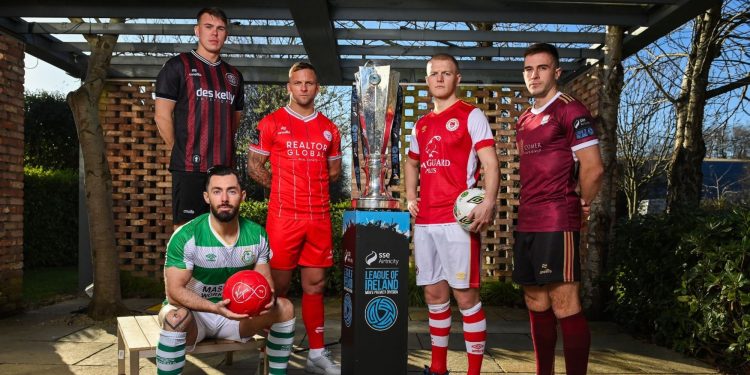As the Club World Cup comes to an end with Chelsea emerging victorious over Paris Saint-Germain, debates surrounding club ownership and the ethics of billionaire-backed teams are beginning to flare up once again. The finalists shared around €188 million in prize money.
Both clubs have private investors with majority sharehold of the teams, with the Qatari state owning 87.5% of PSG and California-based private equity firm Clearlake owning 60% of Chelsea, with the remaining 40% belonging to Todd Boehly and two other investors, with Todd Boehly acting as chairperson. This means that fans of PSG or Chelsea get no say in how their club is run. In the Bundesliga, majority ownership of a club by private investors is not allowed (with a couple exceptions).
Germans have long protected the 50+1 rule, taking to the streets to protect what they see as more than a rule. For many fans, it reflects a deeper belief, a belief that fans are not simply customers or spectators, but stakeholders in the club’s identity and future.
What is the 50+1 rule?
The rule states that fans must have 50% ownership plus one vote, known as the 50+1 rule. This allows fans of a club to have a say in how the club is run.
For example, as a result of the 50+1 rule, ticket prices have remained low in Germany in comparison to other leagues like the English Premier League, attendances are high, and the fan culture in Germany is widely celebrated.
Leverkusen and Wolfsburg are exempt from following the rule due to their origins: Leverkusen was founded for workers of German pharmaceutical giant, Bayer, while Wolfsburg was built around the Volkswagen factory in the 1930s. In both cases, the companies supported the clubs since their foundation, qualifying them for exemption under the “long-term support” clause.
In recent years, protests against RB Leipzig and Hoffenheim’s ownership have brought the rule back into the spotlight, highlighting its importance now more than ever. RB Leipzig bends the 50+1 rule to fit, though they find plenty of criticism as they only have 23 voting members, all tied closely with Red Bull. Hoffenheim was granted an exemption in 2023 to allow long-time Hoffenheim fan and billionaire Dietmar Hopp to own a majority stake in the club, though he waived his majority rights.
Could the 50+1 rule work for the League of Ireland?
Rather than having one or a small number of private investors propping a club’s finances up, having a few thousand fans contribute a membership fee yearly in return for voting rights seems almost like a no-brainer from the point of view of a football fan.
Given the League of Ireland’s smaller size in comparison to the Bundesliga, Premier League, or La Liga, the running costs of the clubs are going to be much smaller too. The League of Ireland could be one of the best leagues to implement a 50+1 rule. With estimated yearly costs to run a Premier Division side sitting around €1.5 million, this money could be easily raised through membership, especially as the League has grown exponentially in recent years. If a club had 3000 members paying €300 annually, that would already be €900,000 raised before a single match ticket is sold or a sponsorship is deal is signed.
With the difficulty that Dundalk FC had last year in securing funding from a private investor to keep the club afloat, one could wonder if a 50+1 ownership model could be of great benefit for League of Ireland clubs as the league grows.
Bohemians stand out as a prime example, showing that fan-owned clubs, if anything, foster the strongest cultures, the deepest community roots, and do the greatest good for Irish football off the pitch, more of it can only be good for the league.
In coming years as the League of Ireland grows, there will be a pivotal choice to make: follow in the footsteps of the English Premier League and allow private investors to take over clubs at a whim in pursuit of profit, or give teams back to their fans, fostering deeper community ties, stronger fan culture, and long-term sustainability.





